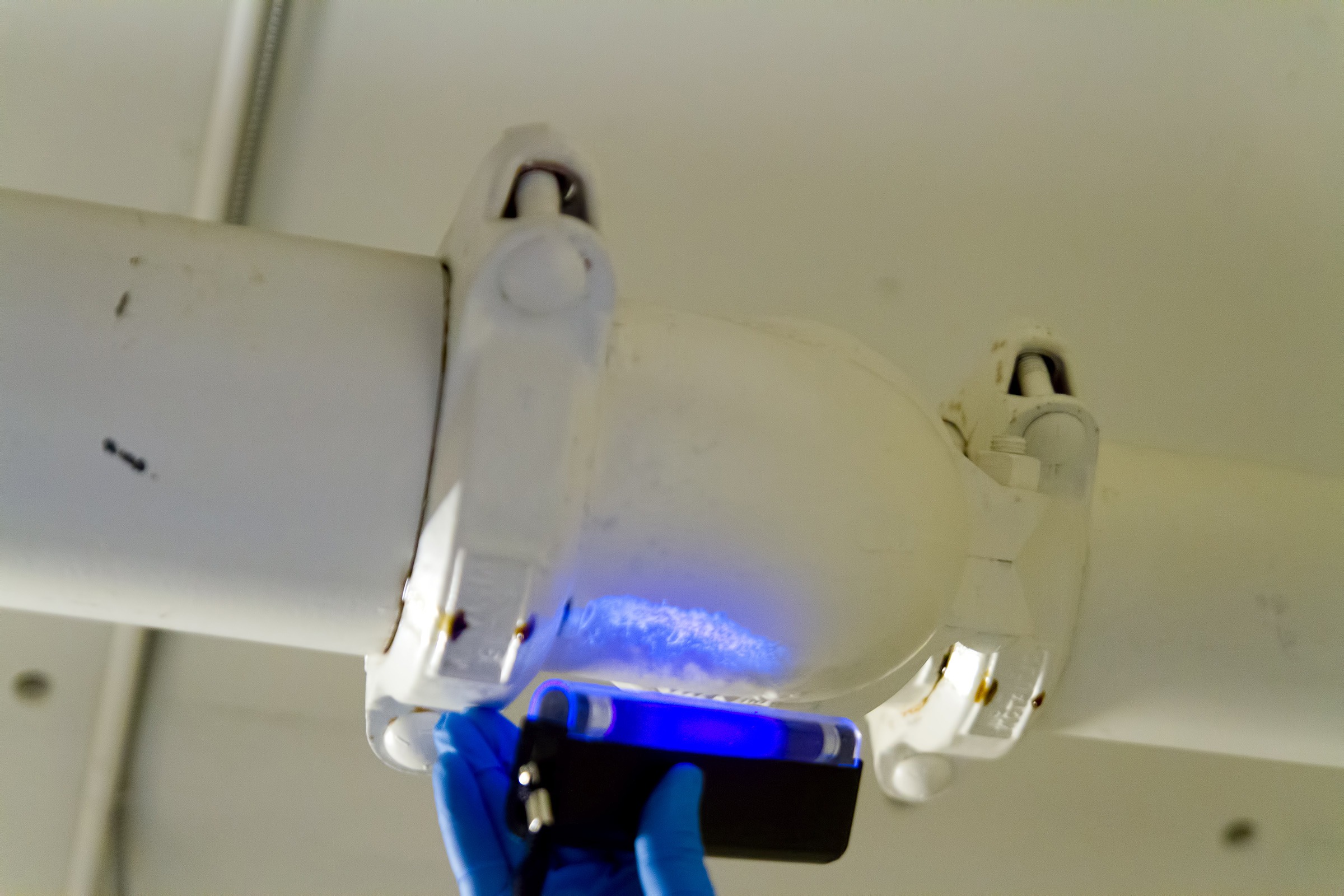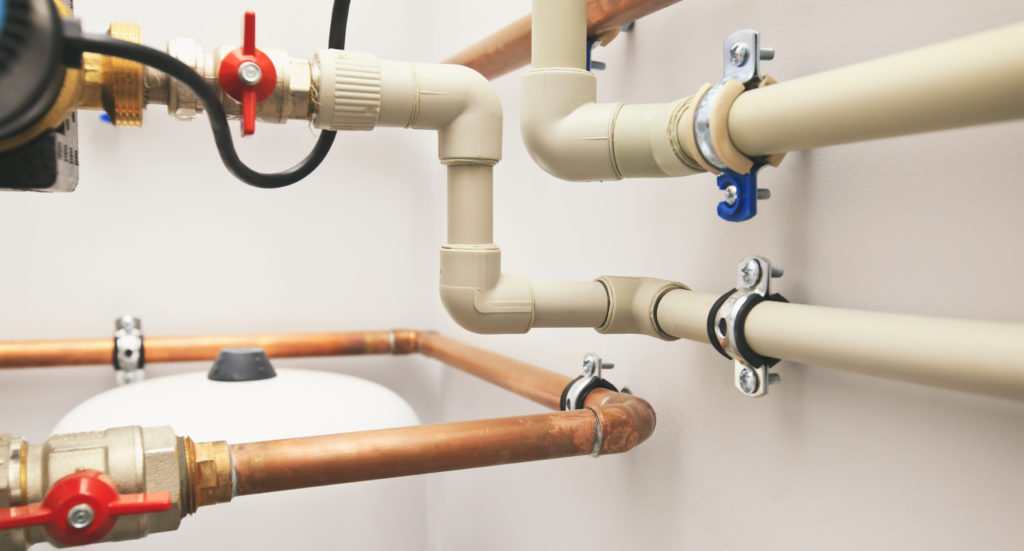Nobody wants to deal with a basement flood, but it can be a reality for many homeowners. In this blog post, we will provide you with an ultimate guide on how to prevent basement floods from happening in the first place! By following these tips, you can rest assured that your basement will stay dry all season long.
Inspect Your Home for Leaks
 The first step in preventing basement floods is to inspect your home for any leaks. Start by checking around your roofline and eaves for any cracks or holes, and make sure that your gutters are properly draining water away so that your basement will stay dry all season long. Check for cracks in the foundation and in the basement walls and flooring. Another key step is to keep gutters and downspouts clear of leaves and other debris. This will ensure that water flows away from the house instead of pooling around it. Make sure your roof is in good condition and properly sealed. Leaks can allow water to seep into the basement through the ceiling.
The first step in preventing basement floods is to inspect your home for any leaks. Start by checking around your roofline and eaves for any cracks or holes, and make sure that your gutters are properly draining water away so that your basement will stay dry all season long. Check for cracks in the foundation and in the basement walls and flooring. Another key step is to keep gutters and downspouts clear of leaves and other debris. This will ensure that water flows away from the house instead of pooling around it. Make sure your roof is in good condition and properly sealed. Leaks can allow water to seep into the basement through the ceiling.
Install a Sump Pump and Backup System
If you already have a basement flood, the best way to prevent it from happening again is to install a sump pump and backup system. A sump pump is a device that pumps water out of your home. A backup system is a secondary pump that will come on if the primary pump fails. If you live in an area that is prone to flooding, it is important to have a sump pump and backup system installed in your home too.
Waterproof Your Basement
 The most important step is to make sure your basement is properly waterproofed. This means installing a drainage system that will keep water away from the foundation and walls. Basements can be prone to flooding, especially during heavy rainfall or snowmelt. You can use waterproofing products on basement walls. Contact a licensed technician to help your wet basement situation now. Emergency Flood Response is available 24/7 for all emergency water damage or flooding services.
The most important step is to make sure your basement is properly waterproofed. This means installing a drainage system that will keep water away from the foundation and walls. Basements can be prone to flooding, especially during heavy rainfall or snowmelt. You can use waterproofing products on basement walls. Contact a licensed technician to help your wet basement situation now. Emergency Flood Response is available 24/7 for all emergency water damage or flooding services.
Grade your lawn properly
If your yard slopes towards your house, basement flooding is a possibility. Grade your lawn properly to ensure good drainage and a beautiful landscape. Uneven grading can cause water to puddle and damage your plants, while also making your yard look sloppy. It can also contribute to wet basement and basement flooding. Stop water damage before it happens. The first step in grading your lawn is to identify which areas of your yard are the highest and lowest. You can do this by using a level or a tape measure. Once you have identified these areas, you will need to determine how much soil needs to be moved to make each area level.

